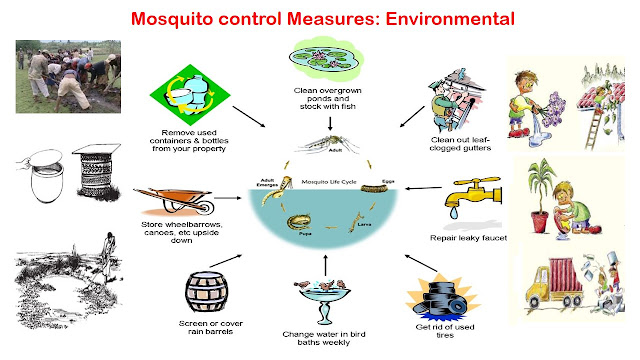National Nutrition Week: Healthy diet for Adults
Who are Adults?
According to WHO an adult is a person older than 19 years of age unless national law defines a person as being an adult at an earlier age.
What is the need?
A healthy diet helps to protect against malnutrition in all its forms as well as noncommunicable diseases (NCDs), including such as diabetes, heart disease, stroke and cancer at every stage. Unhealthy diet and lack of physical activity are leads global risks to health.
When National Nutrition Week is celebrated?
1st to 7th September every year in India to focus on various aspect of Nutrition among all age groups.
What should be included in diet?
Daily diet for an adult:
- Grains: 3 - 8 bowls
- Vegetables: at least 3 servings
- Fruits: at least 2 servings
- Meat, fish, egg and alternatives: 5 - 8 taels
- Milk and alternatives: 1 - 2 servings
- Fat/oil, salt and sugar: eat the least
- Fluid: 6 - 8 glasses
Tips for combining good nutrition and physical activity:
- Maximize with nutrient-packed foods: Give the body the nutrients it needs by eating a variety of nutrient-packed food, including whole grains, lean protein, fruits and vegetables, and low-fat or fat-free dairy. Eat less food high in solid fats, added sugars, and sodium (salt).
- Energize with grains: Your body’s quickest energy source comes from carbohydrate foods such as bread, pasta, oatmeal, cereals, and tortillas. Be sure to make at least half of your grain food choices whole-grain foods like whole-wheat bread or pasta and brown rice.
- Power up with protein: Protein is essential for building and repairing your muscle. Choose lean or low-fat cuts of beef or pork, and skinless chicken or turkey. Get your protein from seafood twice a week. Quality protein sources can come from plant based foods, too.
- Mix it up with plant protein foods: Variety is great! You can choose beans and peas (kidney, pinto, black, or white beans; split peas; chickpeas; hummus), soy products (tofu, tempeh, veggie burgers), and unsalted nuts and seeds.
- Vary your fruits and vegetables: Get the nutrients your body needs by eating a variety of colors, in various ways. Try blue, red, or black berries; red and yellow peppers; and dark greens like spinach and kale. Choose fresh, frozen, low-sodium canned, dried, or 100 percent juice options.
- Don’t forget dairy: Foods like fat-free and low-fat milk, cheese, yogurt, and fortified soy beverages (soymilk) help to build and maintain strong bones needed for everyday activities.
- Balance your meals: Use MyPlate as a reminder to include all food groups each day. Learn more at www.ChooseMyPlate.gov.
- Drink plenty of water: Stay hydrated by drinking water instead of sugary drinks. Keep a reusable water bottle with you to always have water on hand
- Know how much to eat: Get personalized nutrition information based on your age, gender, height, weight, current physical activity level, and other factors. Use SuperTracker to determine your calorie needs, plan a diet that’s right for you, and track progress toward your goals. Lean more at www.SuperTracker.usda.gov.
References:
- https://www.nhp.gov.in/healthlyliving/healthy-diet
- https://vikaspedia.in/health/nutrition/dietary-guidelines-1/diet-for-children-and-adolescents
- https://www.who.int/en/news-room/fact-sheets/detail/healthy-diet
- https://www.chp.gov.hk/en/static/90017.html
- https://www.choosemyplate.gov
- Park, K. (2019). Park's textbook of preventive and social medicine. 25th. Jabalpur, India: M/S Banarsidas Bhanot.
- Kadri AM. (2019). IAPSM's Textbook of Community Medicine. 1st. New Delhi, India: Jaypee Brothers Medical Publishers (P) Ltd.







Comments
Post a Comment